What to watch for from this year’s annual meeting
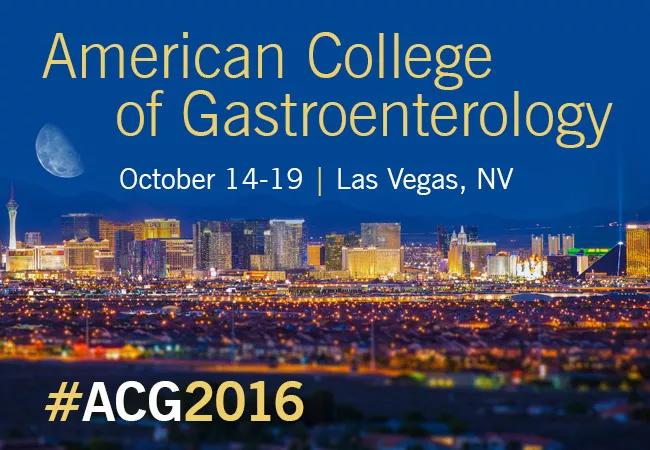
The American College of Gastroenterology’s annual meeting this year in Las Vegas will feature lectures, workshops and research presentations essential for staying up to date in the field. The College will also inaugurate Cleveland Clinic gastroenterologist Carol Burke, MD, as its president for 2016-2017. She highlighted for us some important underlying themes that will be covered:
Advertisement
Cleveland Clinic is a non-profit academic medical center. Advertising on our site helps support our mission. We do not endorse non-Cleveland Clinic products or services. Policy
The healthcare reimbursement system transfers risk from insurance plans to patients, physicians and institutions. Data on care delivery models impacting readmission rates, increasing quality of care, and promoting physician knowledge of established guidelines will be discussed.
Better understanding of disease pathogenesis has led to new medications, and multiple research sessions will be devoted to presenting results of randomized multicenter clinical trials in gastroparesis, IBS and IBD. I am eager to see the data on tofacitinib and ozanimod, novel oral agents for managing ulcerative colitis.
The impact of a medical home care delivery model for patients with IBD will be presented by University of Pittsburg Medical Center’s Miguel Regueiro, MD. Within one year, it led to improved quality of life and reduced resource utilization including emergency room visits and hospitalizations.
Cleveland Clinic physicians and researchers are well-represented in the schedule. Not-to-miss topics include:
Chung Tsai, MD, PhD, and colleagues evaluated the use of blood thinners in more than 12 million Americans between 2004 and 2012. Disturbing trends in upper GI bleeding and associated mortality were linked to the use of antiplatelet and antithrombotic agents.
Dr. Burke, along with internal medicine residents Abhishek Karwa, DO, and Rashad Patell, MD, will present research findings that knowledge of colorectal cancer screening and polyp surveillance guidelines is flawed among experienced gastroenterologists and trainees alike. One potential solution they are creating is a mobile app to foster using correct recommendations in clinical practice.
Advertisement
Maged Rizk, MD, and co-investigators prospectively studied variables predicting readmission rates for patients hospitalized with IBD. Based on their results, they developed a novel index to determine which patients are at highest readmission risk and identified factors most important to address to mitigate recurrent hospitalization.
Although peroral endoscopic myotomy is more appealing to patients because it is less invasive than laparoscopic Heller myotomy, Madhu Sanaka, MD, and colleagues conducted pH studies and found POEM leads to substantially higher esophageal acid exposure despite similar rates of symptomatic GERD in the two groups. Long-term impact of these findings needs to be understood.
Bret Lashner, MD, will lead a symposium on the nuts and bolts of FMT. Topics include identifying appropriate patients, FMT efficacy for various conditions, and the logistics of performing the transplant.
Advertisement
Advertisement

Strong patient communication can help clinicians choose the best treatment option
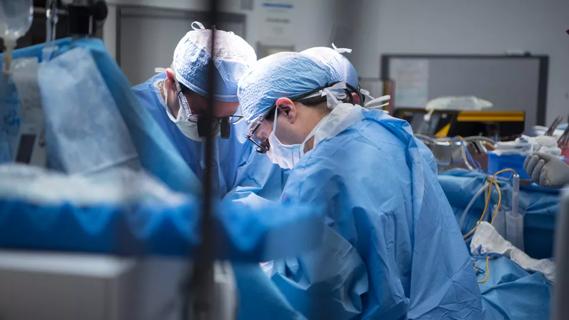
ctDNA should be incorporated into care to help stratify risk pre-operatively and for post-operative surveillance

The importance of raising awareness and taking steps to mitigate these occurrences
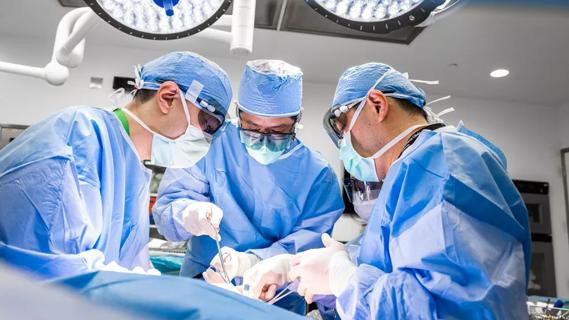
New research indicates feasibility and helps identify which patients could benefit

Treating a patient after a complicated hernia repair led to surgical complications and chronic pain
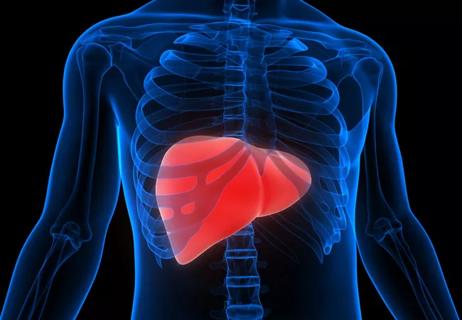
Standardized and collaborative care improves liver transplantations
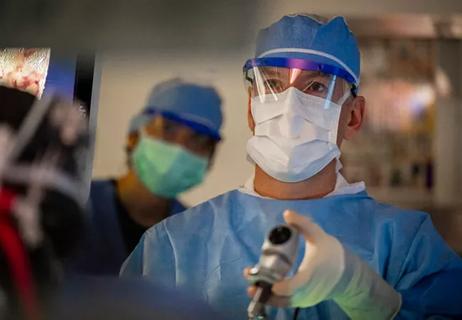
Fewer incisions and more control for surgeons

Caregiver collaboration and patient education remain critical